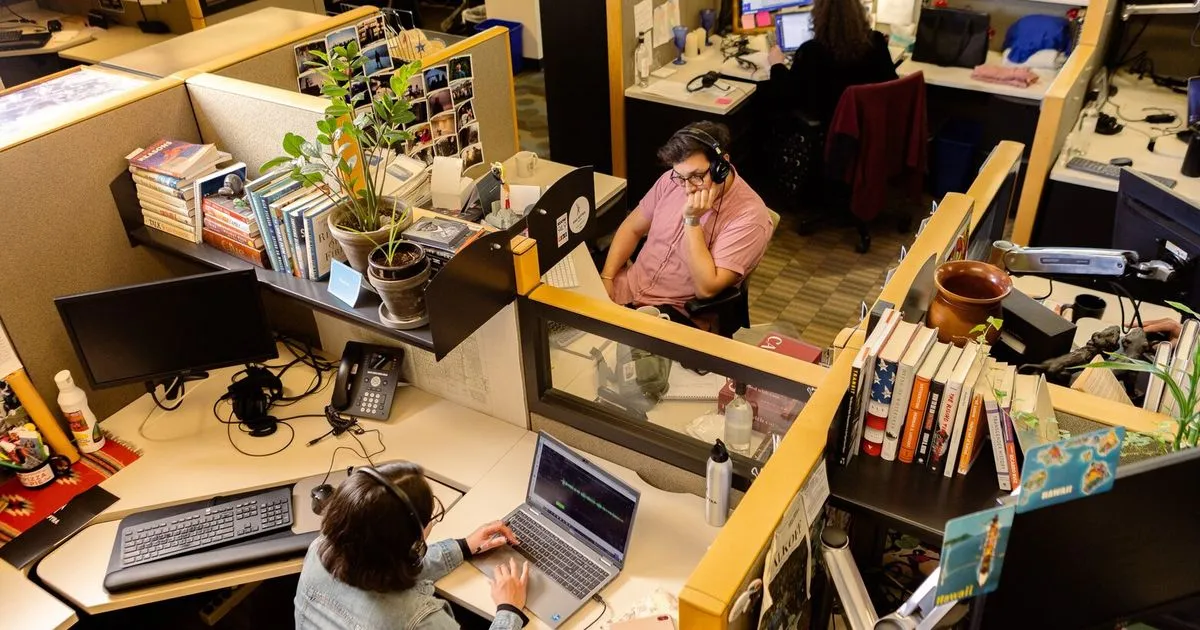
Seattle’s NPR station, KUOW, successfully raised nearly $1.5 million in under 12 hours through an emergency fundraising campaign on Friday. This initiative was launched in response to Congress's decision to claw back $9 billion in previously approved government funding, which significantly impacts public broadcasting. Notably, this amount includes $1.1 billion from the Corporation for Public Broadcasting, a key funding source for NPR, PBS, and various member stations across the nation, including 10 radio stations and four public television stations in Washington state.
The funding from the Corporation for Public Broadcasting constitutes approximately 5% of KUOW’s revenue, amounting to about $1 million. This financial support is crucial for maintaining essential infrastructure, such as satellite interconnection and emergency alert systems. Additionally, the more than $400,000 raised during the emergency campaign will be allocated to sustain the station’s satellite distribution system, as highlighted by chief marketing officer Annette Promes.
KUOW launched its emergency fundraising campaign at 6:30 a.m. on Friday, urging listeners to help fill the immediate financial gap. With a group of donors pledging to match $700,000 in contributions, the station reached its fundraising goal from listeners shortly before 1:30 p.m., ultimately amassing a grand total of $1.487 million. Promes expressed her astonishment, stating, “We were not expecting that we would meet our goal so early today. It has been just overwhelmingly successful for us.”
The House approved the funding cuts with a narrow vote of 216-213, based on a request from President Donald Trump. This legislation not only includes cuts to public broadcasting but also rescinds nearly $8 billion earmarked for foreign aid and democratic institutions in developing nations. The Trump administration views public media as financially bloated and politically biased, marking a significant shift in the federal approach to funding.
According to Kerry Swanson, KUOW’s interim general manager, “We’ve said this before, and we’ll say it again: those who threaten open access to information do so because they fear the power of an informed public.” The administration's efforts to roll back public broadcasting funding—established nearly 60 years ago—pose a serious threat to the operational stability of stations like KUOW.
With the recent bill's passage, funds previously allocated for the next two years will be rescinded. This sudden change forces stations like KUOW to scramble for alternatives, with immediate impacts felt in the current fiscal year. For smaller, rural stations such as Yakima Valley’s KDNA, the cuts could result in a loss of up to 40% of their funding, amplifying the urgency for community support.
Despite reaching its immediate fundraising goal, KUOW continues to encourage community members to become monthly donors. Monthly contributions provide a more stable revenue stream, reducing the need for emergency fundraising in the future. Promes noted an increase in individuals signing up to become monthly donors during the campaign, reinforcing the station's commitment to serving everyone, regardless of their financial capability. “We are here for people who can pay, and we’re here for people who can’t,” she stated. “We are here to provide news and information to everyone, whether you can afford to access it or not.”